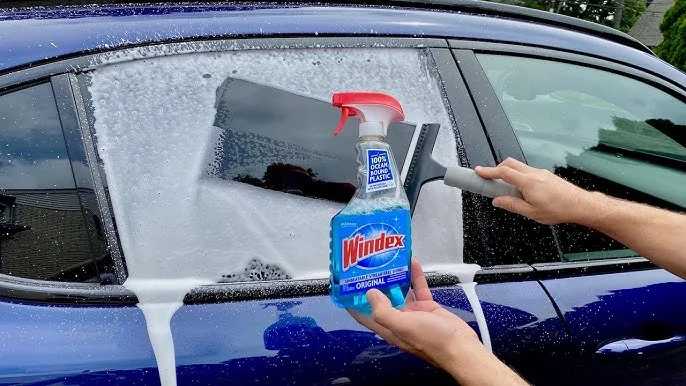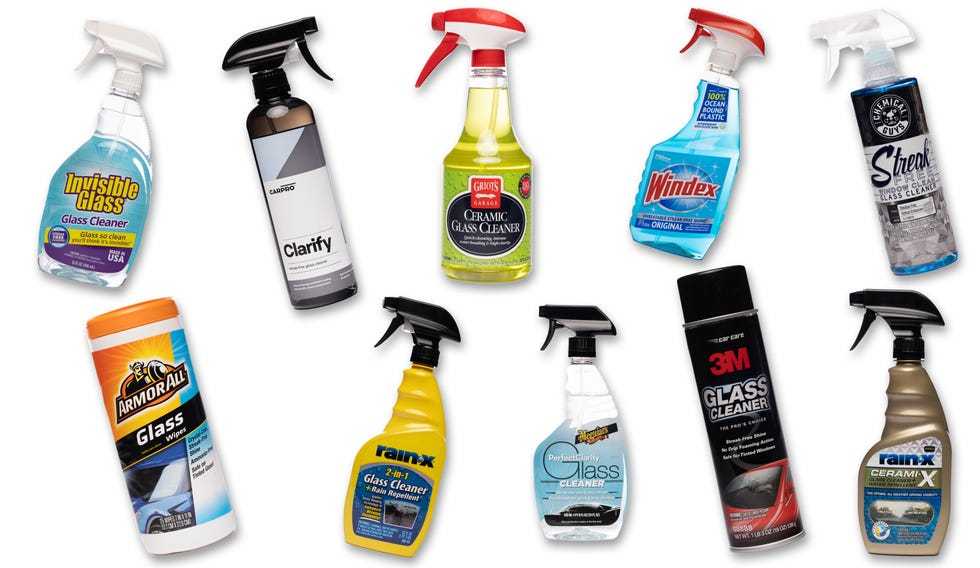To quickly fog up your car windows, breathe directly onto the glass or create a humid environment inside the car, such as turning on the heater or air conditioning with high humidity settings. This causes condensation to form on the surface, making it foggy in no time.
In just a few simple steps, you can turn your car’s clear windows into a foggy mess. Whether you want to test your driving skills for foggy conditions or create a specific ambiance, understanding how to fog your car glass involves increasing moisture and temperature inside the vehicle. This process is easy to achieve using everyday actions like breathing onto the glass or adjusting your climate controls to promote condensation. Keep reading to learn the different methods and tips for efficiently fogging up your car windows without any hassle.
How to Make Car Glass Foggy: A Complete Guide to Fogging Car Windows
Many drivers wonder how they can intentionally fog up their car windows for various reasons. Whether for fun, testing car windows, or creating a spooky effect, knowing how to make car glass foggy can be useful. In this guide, we’ll explore different methods to fog up your car windows safely.
Understanding Why Car Glass Fogges
Before learning how to fog your car windows, it’s important to understand why they fog up naturally. Fogging occurs when warm, moist air inside the car contacts the cooler surface of the glass. This causes water vapor to condense into tiny droplets, making the glass appear foggy.
Basic Principles Behind Fogging Car Windows
Fogging depends on two main factors: humidity inside the vehicle and the temperature difference between the air and the glass. Increasing either of these factors enhances the fogging effect.
Methods to Make Car Glass Foggy
Your goal is to increase moisture inside the vehicle and/or decrease the temperature of the glass. Here are some practical methods you can use.
Method 1: Increase Humidity Inside the Car
Adding moisture to the air inside your car creates the perfect environment for fogging. You can do this by:
- Leaving the windows open slightly in humid environments
- Breathing directly on the glass surface
- Using a damp cloth or sponge near the window
- Running the air conditioning with the recirculation off to increase humidity
Method 2: Use Moisture-Generating Items
Items that release moisture can help fog your windows faster. Examples include:
- Placing a wet paper towel or cloth on the dashboard or near the window
- Leaving a cup of water inside the car for a while
- Using a small humidifier if available
Method 3: Decrease the Glass Temperature
Cooling down your window makes condensation more likely. You can do this by:
- Turning on the air conditioning and setting it to the coldest temperature
- Using the defrost setting to direct cold air onto the windshield
- Applying ice packs or cold compresses on the glass (briefly and carefully)
Method 4: Combine Humidity and Temperature Control
The most effective fogging occurs when you combine increased moisture with lower glass temperature. For example, breathe on the window while using cold air or an ice pack.
Additional Tips for Fogging Car Glass
To enhance fogging or achieve specific foggy effects, consider the following tips:
- Use a spray bottle with water to mist the window evenly
- Apply a small amount of soap or lotion to create a foggy film (be cautious to avoid damage)
- Cover the window with a cloth soaked in water for more intense fogging
- Utilize fog machine sprays or special fogging products designed for entertainment purposes
Safety Considerations
Always exercise caution when manipulating car windows. Avoid obstructing your view or creating dangerous driving conditions. Fogging should only be done in safe environments and not while actively driving.
Related Topics
How to Defog Car Windows Quickly
If you want to clear fog off the windows instead of fogging them up, a different set of techniques applies, such as using air conditioning, windshield defoggers, and anti-fog products.
Reasons Why Car Windows Fog Up Naturally
Understanding natural fogging helps in controlling the process better, whether you want to prevent it or create the effect intentionally.
Creative Uses of Fogged Car Windows
Fogged windows can be used for artistic projects, privacy, or fun effects at events or photoshoots.
By understanding the factors that influence fogging and combining different methods, you can control how foggy your car windows become. Remember to always prioritize safety and avoid obstructing your view while experimenting with fogging techniques.
Easy tips remove fog from windshield #car #trending #short #video
Frequently Asked Questions
What environmental factors can cause car windows to fog up?
Humidity, cold temperatures, and rapid temperature changes inside and outside the vehicle tend to increase moisture levels, causing the glass to fog. When warm, moist air contacts cooler glass surfaces, condensation forms quickly, leading to foggy windows.
How does a dirty windshield contribute to fog formation?
Accumulated dirt and grime on your car’s glass can trap moisture and reduce visibility, making fog appear more prominent. Regular cleaning helps prevent the buildup of particles that attract moisture, minimizing fog formation.
Can interior moisture sources affect how quickly my windows fog?
Yes, sources like wet clothes, spills, or even breathing indoors release moisture that rises and condenses on the glass surface. Reducing indoor humidity levels and ensuring items are dry can help keep windows clear.
How does temperature control inside the vehicle impact fogging?
Maintaining a consistent temperature inside your car prevents sudden changes that lead to condensation. Using the vehicle’s climate control system and defoggers helps balance interior and exterior temperatures, reducing fog buildup.
What role do vehicle ventilation systems play in preventing foggy windows?
Proper ventilation circulates dry air within the cabin, reducing interior humidity levels. Using air conditioning or fresh air intake helps remove excess moisture from inside, preventing or clearing fog more effectively.
Final Thoughts
To make car glass foggy, start by turning on the heater and setting it to a high temperature. Use the defrost setting to direct warm, moist air onto the windshield. You can also breathe on the glass to introduce additional moisture.
Limiting air circulation with recirculation mode can help increase humidity inside the car. This combination quickly creates foggy conditions on the glass.
In conclusion, understanding how to make car glass foggy involves generating moisture and trapping it inside the vehicle. These steps effectively produce foggy glass quickly and easily.



